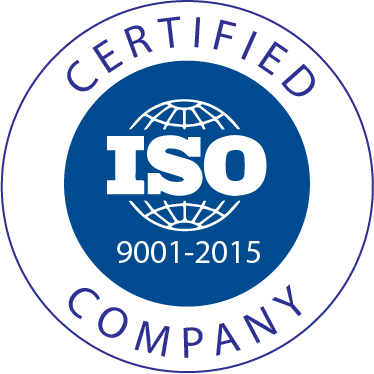Ovarian Cancer Treatment in India starts from $4900. The total cost of the treatment depends on the diagnosis and facilities opted by the patient.
Ovarian cancer refers to the abnormal growth of cells in the ovaries, which are an important part of the female reproductive system. Ovaries are two small glands, located on either side of the uterus. They help produce female sex hormones and store or release eggs. An ovarian tumor is it is the eighth most common type of cancer among women. It is the fifth most common cause of cancer deaths in women around the world. Ovarian cancer can be life-threatening if not diagnosed and treated on time, however, the chances of survival are great in the case of early diagnosis.
Ovarian cancer forms when normal ovarian cell growth fails, and there is an uncontrolled growth of cells. Most of the ovarian cancers arise from the lining cells (epithelium) of the ovary. The ovarian tumor can metastasize and spread to other organs of the body.
Ovarian Cancer: Causes
There is no identified and known cause of ovarian cancer. However, there are some risk factors associated with the disease. Family history (genetics) of ovarian cancer, older age, breast cancer, obesity, and endometriosis are some of the known ovarian cancer risk factors. Other than these, menstrual cycles play a major role in ovarian cancer. The high number of total lifetime ovulations, greater the risk of ovarian cancer. That is, women who have had their periods before the age of 12 are at an increased risk of ovarian cancer.
The risk of ovarian cancer is also high in women suffering from familial melanoma, which is characterized by the presence of certain genes. These genes are inherited from parents and mostly occurs when two or more relatives suffer from the aggressive form of melanoma or skin cancer.
Signs of Ovarian Cancer
Typically, the symptoms of ovarian cancer are subtle during the early stage. However, the patients may experience signs of ovarian cancer once the cancer advances and starts to grow. The following are some of the ovarian cancer symptoms:
-
Pain in the pelvis or belly
-
Bloating
-
Frequent and urgent urination
-
Changes in bowel habits
-
Nausea and fatigue
-
Weight loss
-
Breathlessness
-
Loss of appetite
These signs of ovarian cancer can be confused with those of ovarian cyst. However, patients must know that ovarian cysts are far more common and primarily affects women during their childbearing age.






